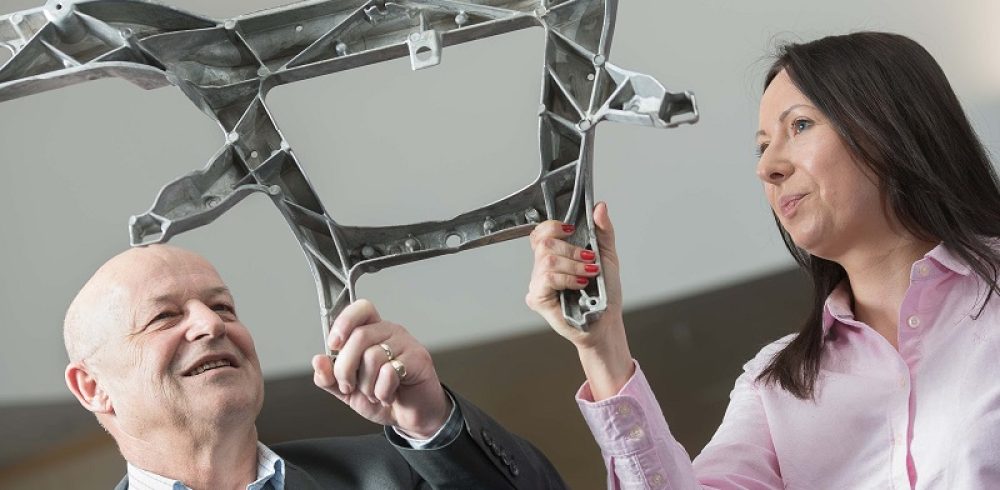Students at Birmingham City University are being challenged to showcase the potential uses of magnesium within the aerospace sector in a partnership competition with Meridian. The competition was launched on the 15th of February and individuals and teams have two months to complete their projects before submission in April.
This opportunity will allow students to work closely with professional artists, engineers, designers, industrial partners, and global organisation, which can bring international exposure for the winning entry and the runners-up.
Magnesium is the lightest of all structural material, the eighth most abundant chemical element in the earthâs crust, and is 100% recyclable. However, misconceptions surrounding its properties have led to a fear of designing products with magnesium when compared to heavier metals.
The competition aims to alter these perceptions with an interdisciplinary art installation designed by students and presented to experts at the University, Meridian, and the International Magnesium Association (MIA). If the prototype will receive further investment, a full scale version will be crafted using magnesium and exhibited in a partner venue.
A lot of people still believe magnesium catches fire easily. It doesnât, but the myth still influences most peopleâs understanding, including engineers. However, while magnesium is not the simplest material to extinguish when alight â it continues to burn in nitrogen, carbon dioxide and water â its thermal conductivity makes it difficult to ignite in the first place, explained Makhan Singh, Development Manager at the Institute for Sustainable Futures, Birmingham City University. Magnesium is one of the best metals in terms of flammability, because it dissipates heat across its body so well, whereas steel, for example, localises the heat, so it can get very hot much more easily.
The project is being run in conjunction with the Universityâs Graduate+ Week (Monday 19 â Friday 23 March). Graduate+ is an undergraduate scheme that looks to identify and develop studentsâ experience and build on their skills, enhancing and supporting their employment options when they leave university.









